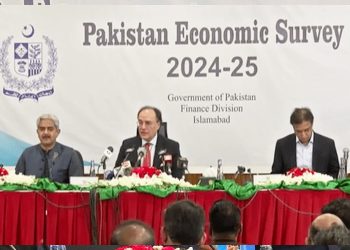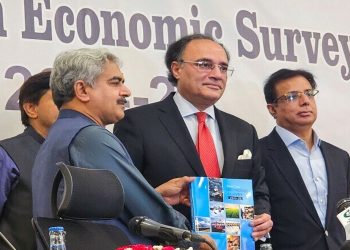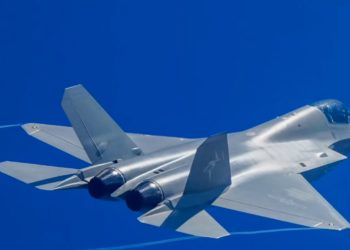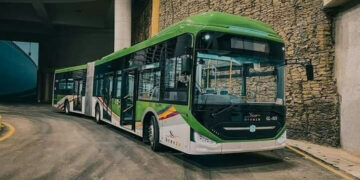‘Rule the Punjabis, intimidate the Sindhis, buy the Pushtun, and honour the Baloch.’ – This aphorism was used by the British as a governing model but these stereotypes still hold true today. Despite the passage of seventy decades, the Balochs are demanding the right to be considered equal citizens of Pakistan.
The sparsely-populated province accounts for nearly half of the land mass, is rich in natural resources including oil, gas, cooper and gold but remains one of the poorest regions. A vast majority still live in abject poverty, deprived of education and have no access to electricity or clean water. The only reports that come out of insurgent attacks and terrorism.
It was revealed in 2016 that a textbook taught to intermediate students in Punjab contained hate speech against Baloch people, calling them “uncivilized people engaged in murder and looting.” The book was condemned in the Senate before the publishers realised their blunder and issued an apology, knowing well that such distortions cannot be accepted. But the biggest distortion in our textbooks is how Balochistan became a part of Pakistan. The true history of Balochistan is never shared or talked about by the general public and has been erased from our textbooks and even intellectual discourse and a rhetoric that is far from the truth is being shared.
Before partition, Balochistan consisted of four princely states namely Kalat, Lasbela, Kharan and Makran. Two of them, Lasbela and Kharan were feudatory states while Makran was a district of Kalat. Quaid-e-Azam Muhammad Ali Jinnah was a legal adviser to the Khan of Kalat. Months before independence, he negotiated the freedom of Balochistan under Kalat from the British.
On 11th August 1947, a Standstill Agreement was signed between Pakistan and Kalat just days before independence. It stated: “The Government of Pakistan recognises Kalat as an independent sovereign state in treaty relations with the British Government with a status different from that of Indian States.” However, by October 1947, Jinnah had a change of heart on the recognition of Kalat as an independent sovereign state and asked the Khan of Kalat to sign the form of instrument of accession.
The Khan refused to budge on his hard-fought independence but agreed to give concessions until all talks broke down. On March 26, 1948, the Pakistan Army was ordered to move into the Baloch coastal regions and it was it was announced in Karachi that the Khan of Kalat has agreed to accede to Pakistan. The sovereign Baloch state lasted only 227 days and fell under the gun.
The government has decided to fence Gwadar under its ‘Safe City Project’ which will essentially prevent the Baloch from entering the port town.
Balochistan suffers from many missed opportunities and unfulfilled promises. In 1952, natural gas was discovered in Sui, Dera Bugti which was supplied to the entire country but was only given to the area until 1980s. In 1962 elections, Baloch tribal leaders Khair Baksh Marri and Ataullah Mengal were elected but were dismissed by General Ayub Khan who threatened to banish them if they opposed him. In 1973, Z.A. Bhutto promised provincial autonomy but dismissed the Balochistan and NWFP government and imposed a state of emergency followed by a military operation, leading to resentment and the gradual rise in insurgency.
The history of Baloch nationalism cannot be known without understanding its history. There is still an ongoing insurgency that started with the assassination of Nawab Akbar Bugti in military operation in 2006. The situation changed when the Chinese took interest in the province and started developing the Gwadar deep-sea port and launched the multi-billion dollar CPEC megaproject which the Pakistani state wants to protect any costs. The insurgency has grown and now the Chinese also been embroiled in the conflict.
Gwadar is being built as an international city with modern infrastructure facitilies. But what about the ordinary Baloch? Will they be provided jobs and allowed to live there or as Mengal once said they will only be “fixing tyre punctures.” The fears that Gwadar will be separated from Balochistan are finally coming true. The government has decided to fence Gwadar under its ‘Safe City Project’ which will essentially prevent the Baloch from entering the port town.
The development of the country should not come at a cost to the existence, identity, culture and language of the Balochs. It is unacceptable to erect a physical barrier on an entire city just for protection and the funds could be used on security. It has been over seventy years and the Baloch need to be given their due rights and responsibilities. Perhaps our leaders should paid heed to the British adage “Honour the Baloch.”






























